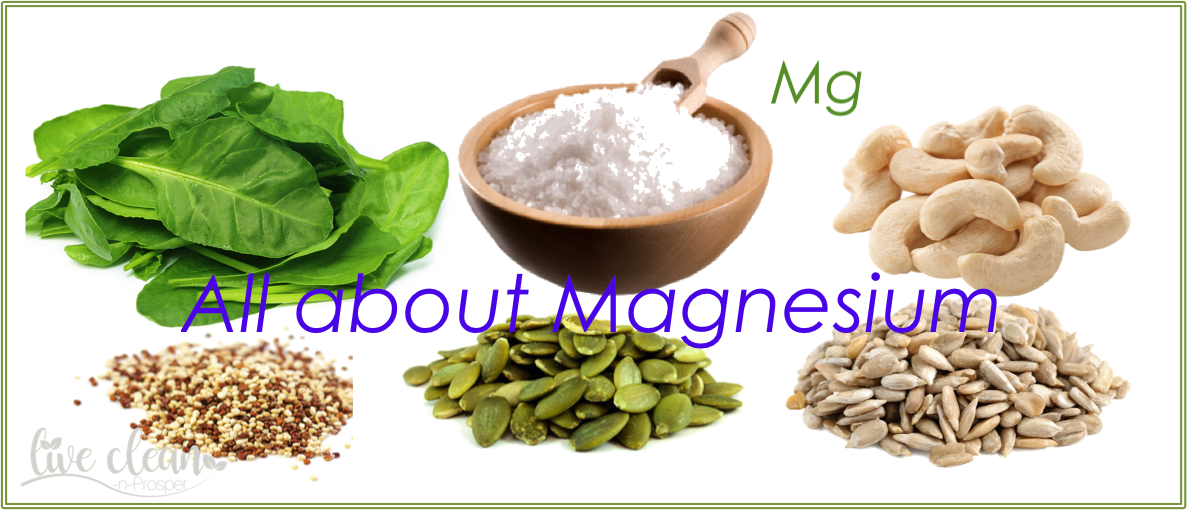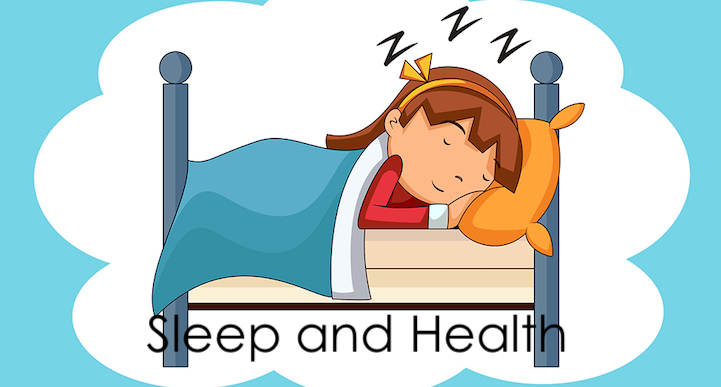Todays post is all about Magnesium. I recently read a small article on foods rich in magnesium and how this mineral plays a part in controlling blood sugar. This was news to me, so I decided to do a bit of research into this essential macro mineral.
What is Magnesium?
Wikipedia states that Magnesium is an alkaline earth metal and the eighth most abundant element in the Earth’s crust. It’s also abundant in seawater due to its high solubility. Magnesium is also the 11th most abundant element by mass in the human body.
Why is it important?
Magnesium is necessary for more than 300 chemical reactions in the human body and is used by almost every cell. It’s needed for healthy bones, heart, muscles, and nerves and helps your body control energy, blood sugar, blood pressure, and many other processes.
An adult body contains approximately 25 g magnesium, with 50% to 60% present in the bones and most of the rest in soft tissues. It is absorbed through the bowel and stored mainly in bone and soft tissue.
How our body uses it.
Calcium and magnesium work together in maintaining bone health and preventing osteoporosis. Magnesium is important for bone formation. It helps assimilate calcium into the bone and plays a role in activating vitamin D in the kidneys.
Magnesium plays an important role in carbohydrate and glucose metabolism. Several studies have associated a higher intake with a lower risk of diabetes. It is also necessary to maintain the health of muscles, including the heart, and for the transmission of electrical signals in the body.
Studies have also shown that magnesium can help with migraine headaches, PMS and anxiety. If you were basically healthy, you probably wouldn’t have symptoms from low magnesium unless it went on for a long time. Low levels have been linked to health issues like Crohn’s disease, celiac disease, or insulin resistance.
Lifestyle choices can also lead to low levels, such as poor diet, gastrointestinal problems, or vitamin D deficiency. Some symptoms of magnesium deficiency include tingly fingers and toes, flu like symptoms, cramping muscles, irregular heart rate, mood changes and constipation.
Getting your daily dose
Magnesium is one of seven essential macro minerals that need to be consumed in relatively large amounts, at least 100 milligrams (mg) per day. The best way to ensure you are getting your daily dose is from food.
Latest research regarding magnesium absorption from gels and creams on the skin is inconclusive. The best sources of magnesium are pumpkin and sunflower seeds, spinach, Swiss chard and other leafy greens, black beans, quinoa and cashews.
Studies have revealed that when the foods are cooked for any length of time the mineral content is significantly less. All the more reason to eat fresh unprocessed vegetables, nuts and seeds as much as possible.
I hope that you found this information as interesting as I have, I wasn’t aware that magnesium played such a big role in our bodily functions. Sources – (National Institutes of Health – Health Direct – Medical News Today
Till the next post,
Live clean n Prosper.



